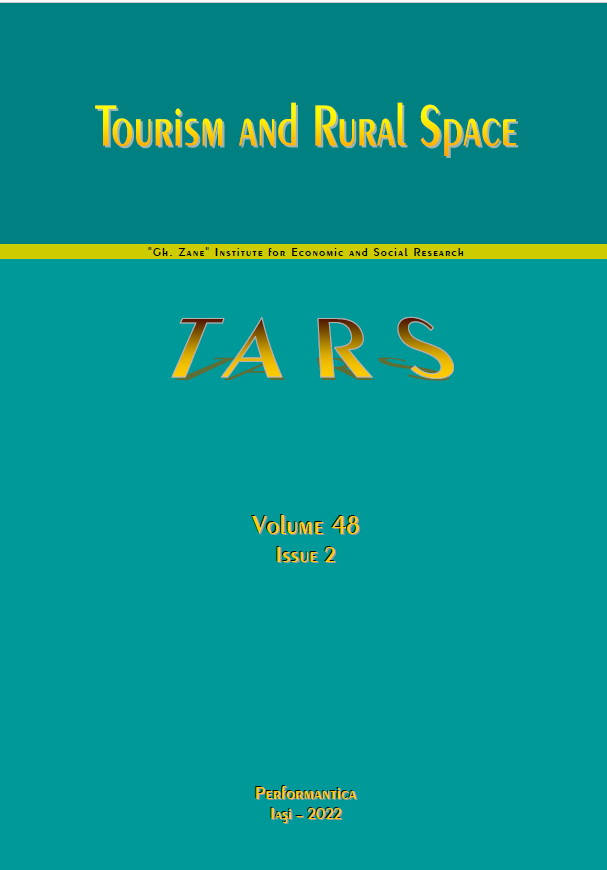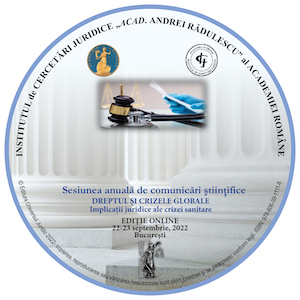
Sustainable Mountain Tourism in the Alps: The “Mountaineering Villages” Concept, a Local Model for Sustainable Mountain Tourism in the Alps
The Alpine range is one of the best-known regions of relentless tourism growth. While it attracted outstanding numbers of tourists through both, summer and winter season, main destination areas are distributed very unevenly across the different parts of the mountain area. This led to a significant concentration of tourism intensity in some regions and even local “hot-spots” with a rising concern for negative effects on environmental performance. Alpine stakeholder groups (CIPRA) therefore advocated very early to address the issues of “overtourism” in this sensitive mountain context and succeeded in convincing politicians to agree on the Alpine Convention (1991), a policy agreement concerned with a whole set of sustainable development issues, including sustainable tourism pathways. Against the persisting mainstream of large-scale mountain tourism in large parts of the Western Alps, but also in Western Austria, few actions towards sustainable mountain tourism were elaborated. Since 2008 small communities have elaborated the concept of “Mountaineering Villages”, first as an initiative of the Austrian Alpine Club within the framework of the Alpine Convention’s activities. It seeks to promote low-intensity tourism strategies in high mountain areas, benefitting from unique mountaineering options. Due to its close interrelation with landscape development and land use, linkages to agriculture and local development of agritourism activities are an important element in these local initiatives. Aspects of enabling nature “experience” and emotional encounters with natural resources and mountain assets are considered instrumental for the attraction and success of the alternative tourism scheme. Spreading from a number of committed communities, at present 22 villages in Austria and increasingly also mountain communities in Italy, Switzerland, Slovenia and Germany are engaged in this concept. At present (May 2022) the association of the Mountaineering Villages extends to 36 municipalities. The paper will analyze how this small niche activity of mountain tourism achieves to address the specific assets of mountains, linking outdoor activities such as climbing, hiking, and nature exploration with landscape development, preservation of nature protection areas and adapted land management. It appears crucial that this link of agricultural activities, agritourism and other forms of rural and mountain tourism shape a specific profile of small-scale communities. Local strategies oriented at sustainable mountain development concepts are assessed as pivotal to provide targeted and ecologically-beneficial approaches of mountain tourism. These might serve as insightful models against growth-dependent large-scale tourism stereotypes
More...
